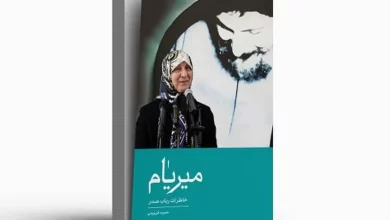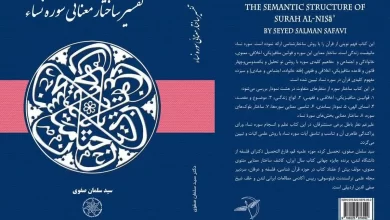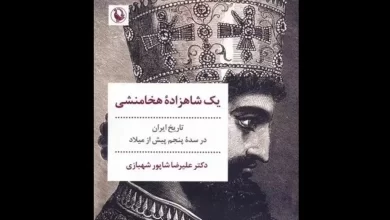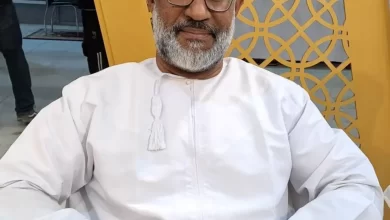“Post-Metaphysical Fear” has arrived in bookstores.
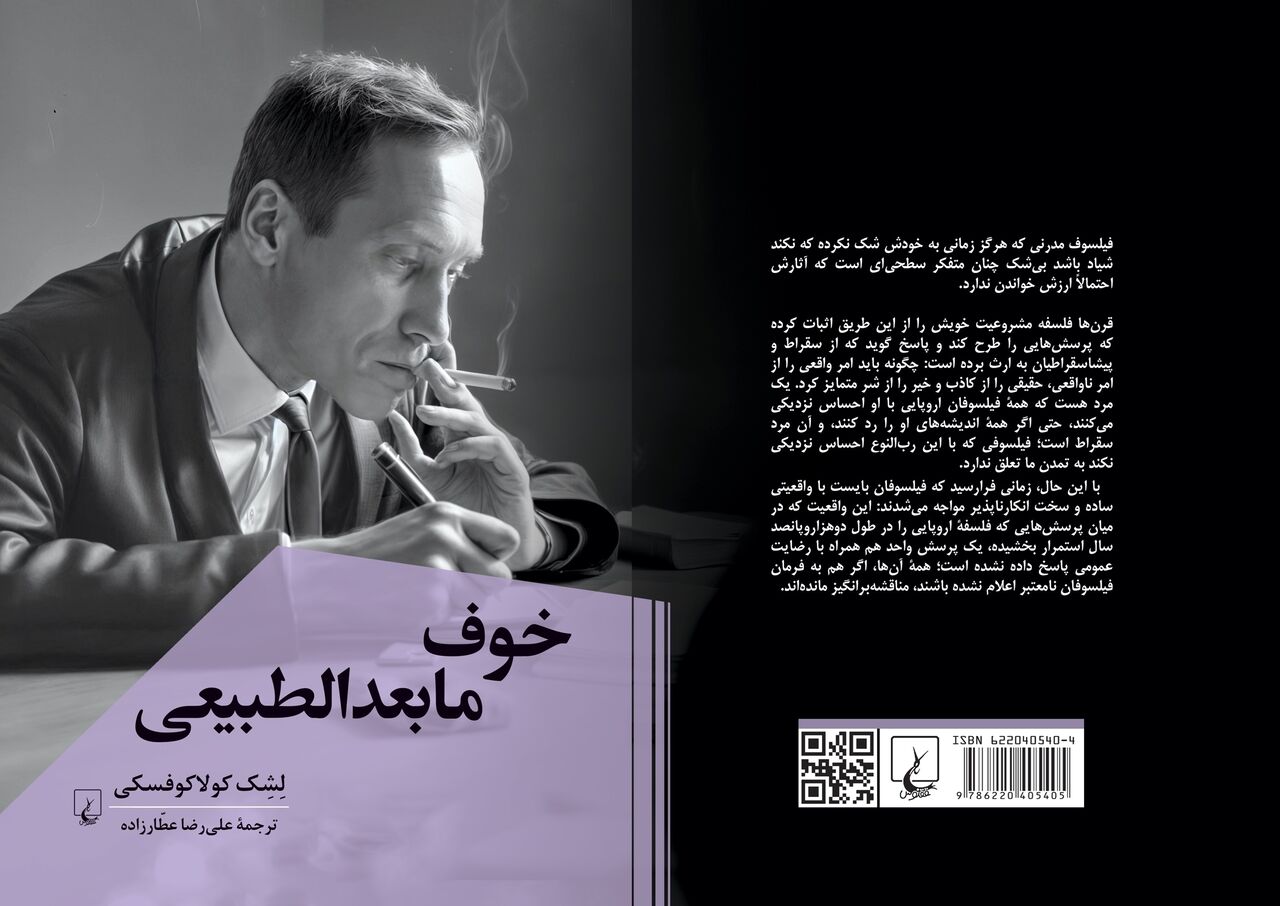
According to the theory of the author of the book “Post-Metaphysical Fear”, abstract post-metaphysical thought arises precisely from the tangible concern of the meaning of life. The most abstract issue in metaphysics, namely the problem of the Absolute, stems from the search for an answer to that very problem.
According to Cinemadrame, the title of the book “Post-Metaphysical Fear” reflects its main theme. The “post-metaphysical fear” has three connotations. On one hand, it denotes the fear and terror of post-metaphysical thought, indicating the experience of instability, possibility, finitude, and, as the author describes it, the “fragility” of humanity and the world.
It is to overcome this fear that philosophers turn to the search for something fixed, necessary, and infinite — in a word, the “Absolute” — in order to explain the existence of humans and the world, and, in a sense, to save it from non-being.
On the other hand, post-metaphysical fear arises in the encounter with the “Absolute”. The Absolute, which is supposed to explain the existence of humans and the world and save it from falling into non-being, itself transforms into non-being. This is because, for the Absolute to be truly absolute, it must be free from all contingent, relative, and finite attributes, and this purification goes so far that the Absolute can no longer even be called a “being.”
Another source of post-metaphysical fear is the confrontation with the fact that no definitive answers have yet been given to any of the issues of metaphysics, and there is no “absolute” language with which one can speak about the Absolute, nor an ultimate judge of such a language to choose among the various metaphysical languages.
In “Post-Metaphysical Fear”, Kolakowski seeks to show the necessity of metaphysical thinking. He begins by critiquing philosophies (or, as Kolakowski calls them, anti-philosophies) that discredit metaphysics. The author, in confronting these anti-philosophies, aims to show that all these forms of philosophy are self-defeating and ultimately have no choice but to enter the realm of metaphysics.
For Kolakowski, abstract post-metaphysical thought precisely arises from the tangible concern for the meaning of life, and the most abstract issue in metaphysics, namely the problem of the Absolute, arises from the search for an answer to this issue. He then turns to the history of philosophy to show why the philosophers’ answers to the problems arising from the proof of the Absolute have led to failure.
This book, titled Metaphysical Horror, was published in 135 pages by the University of Chicago Press in 2001.
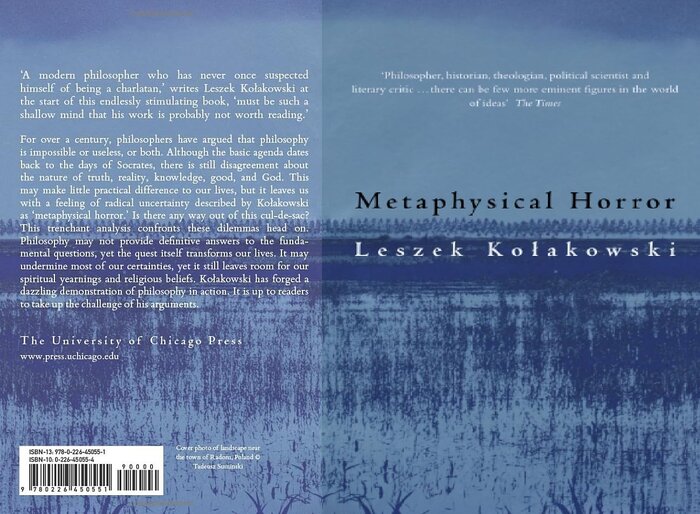
A passage from the book
On Merleau-Ponty
Merleau-Ponty sought to clarify more precisely what the error of Descartes’ cogito and Husserl’s cogito was. He (against Descartes and in agreement with Husserl) stated that the cogito cannot merely be an act directed solely towards itself, and this refusal is a kind of simple fact. Another way to express this idea is that no purely “internal” person is given in our experience. I cannot think of myself without discovering myself in the world: there is no mental or physical hunt I can perform to invalidate my perceptions or to negate them, and my (finite) perceptions reveal a cognitive power that is co-existent with the world and gradually manifests it. If I am not certain about objects, I cannot be certain about my perceptions either, because the confirmation of the world is contained within them, not that it has been added through a separate intellectual act. If I understand my cogitation (thought) with certainty, the world whose object it is resides within it. In other words, my existence cannot be reduced to awareness of that existence.
In the same critique, Merleau-Ponty also accuses Descartes of overlooking the mediating role of language. His cogito is expressed in words, but our ability to use words is almost the same as how we learn to use tools: by observing how people manage them in the context and setting of specific situations. (Pages 77-78)
The book “Post-Metaphysical Fear”, written by Leszek Kołakowski and translated by Alireza Attarzadeh, is published in a 176-page paperback edition with a Balkey paper in the raqqi size. It was published in 2024 by Qoqnoos Publishing with a print run of 770 copies.


